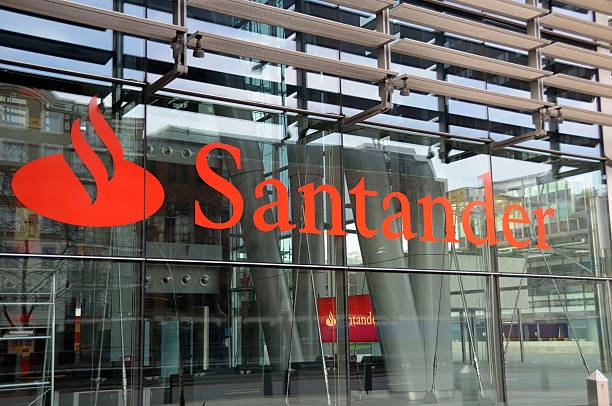Spanish Bank Santander Partners With Atitlan for €500M Private Equity Ag Fund
Spain-domiciled Santander and Atitlan, an influential business group in the Iberian Peninsula, have launched a €500 million global investment platform dedicated to agricultural projects. The platform, dubbed Atgro, is a private equity fund that has secured initial contributions of €200 million from Santander and €50 million from Atitlan, aligning their interests with those of other investors expected to join and catapult the fund beyond the target size.
Atgro, overseen by Atitlan subsidiary Elaia, follows a strategy to lift the agricultural sector’s profile in Europe, the Americas, Africa and Asia. So far the fund has made two investments, including 3,000 hectares (7,413 acres) of pistachio trees and 5,000 hectares (12,355 acres) of vineyards through Atitlan and Peruvian grape exporter Esosac, respectively. The fund will target future projects specializing in high-impact crops such as superfoods as well as a sustainable production model.
Under the terms of the deal, Spanish bank Santander becomes a shareholder of Elaia. While Santander’s role is more of a silent partner on investments, it will lend its expertise in various geographies as well as its sales team prowess. Atgrow will be open to both institutional and private investors in response to growing demand for exposure to alternative assets that meet economic and social impact standards and have a limited correlation to traditional financial products.
Elaia’s maiden project was an olive grove in the early 2000s. Since then, the ag company has expanded to oversee different crops including almond, orange, tangerine, lemon, grapefruit, avocado and pistachio plantations across over 100 farms in Spain, Portugal and Morocco, increasing its influence in the cultivation and management of agricultural processes, owing to the transformation of over 20,000 hectares (49,421 acres) of land.
The new partnership reflects a long-term commitment to the agri-food industry, whose transition to net-zero greenhouse gas emissions commands a more scalable and sustainable production model. Santander noted that global food demand is poised to rise by 50 percent by 2050, making the need for innovation in agriculture abundantly clear. In that year, the global population is expected to increase by nearly 2 billion people to 9.7 billion, according to UN data, and could hit almost 10.4 billion in the following decades.





